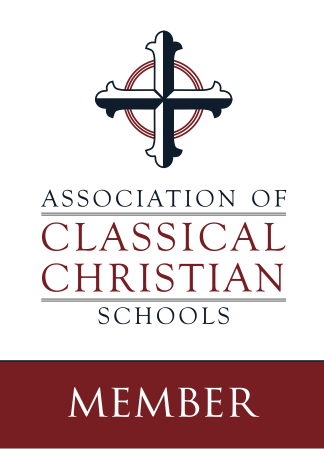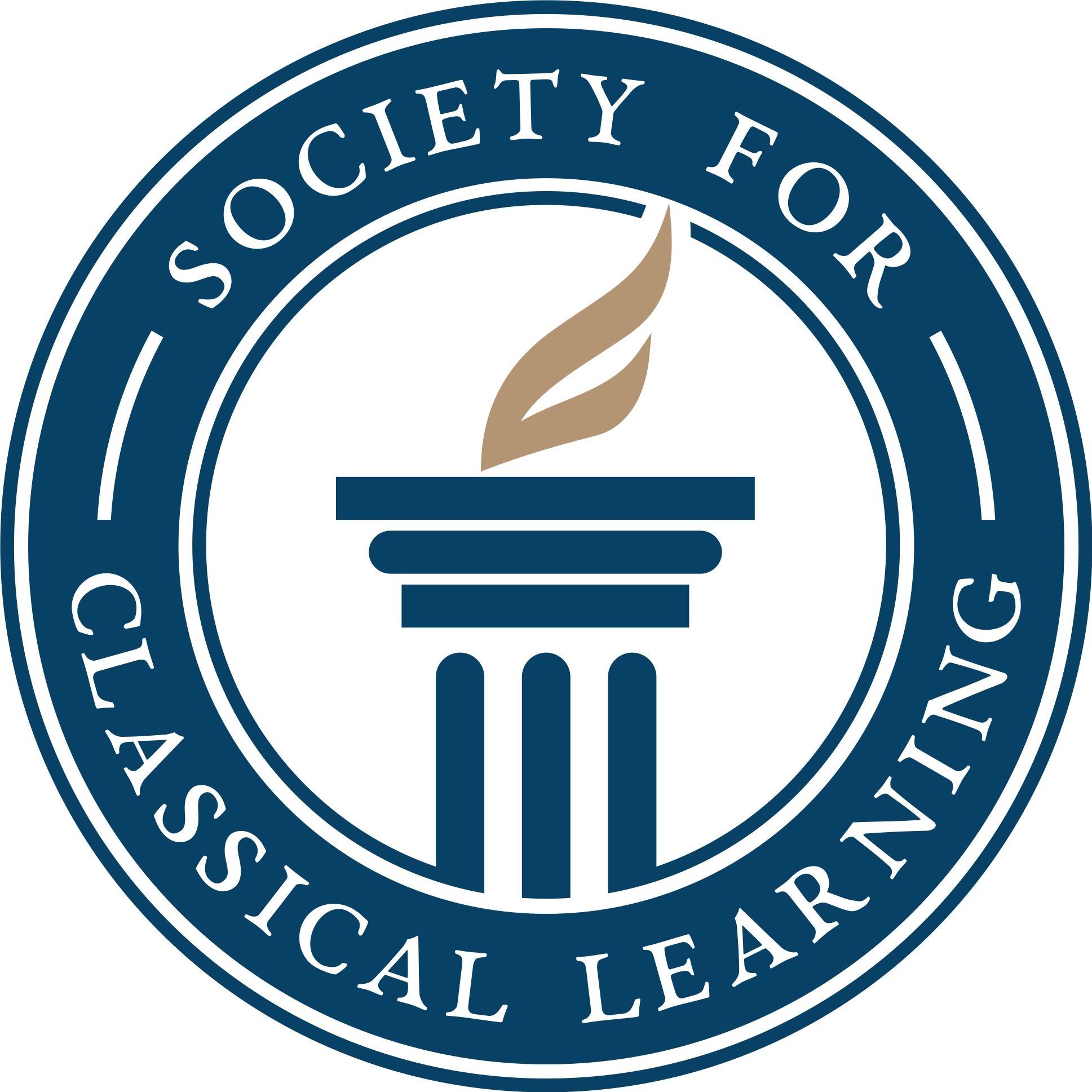Classical Christian Education
Classical Christian Education Frequently Asked Questions
What is Classical Christian Education?
Education is not a subject, nor does it deal in subjects. It is instead a transfer of a way of life. G. K. Chesterton
We believe that education is always more than just learning skills, it is learning a way of life. At its core, Classical Christian Education (CCE) is not about telling students what to learn but instead training them to be learners. We desire graduates who reason clearly, think deeply, and speak eloquently. We desire graduates who love great books, appreciate beautiful art, and cherish the history of the Western Civilization Tradition. We desire graduates who love God and know how engage our culture from a Christian worldview. This is the goal of CCE.
How is it different than the public school?
If education is beaten by [vocational] training, civilization dies. C. S. Lewis
From its inception, the public educational model has primarily been focused on giving students what they need to become part of the American economy. It is centered on teaching skills and a move away from the training of the heart and mind. It is a view of education as a means to an end. We believe that education is more than that. It is the transfer of a worldview that shapes the tools of the mind and the virtues of the heart.
How does it work?
CCE is based upon the trivium. As students grow they move from the Grammar phase (K-5), to the Logic phase (6-9), and finally to the Rhetoric phase (10-12). In the Grammar phase, students are acquiring the knowledge that is foundational to their learning. In the Logic phase, students are beginning to question this knowledge and are seeking ways to apply it. Lastly, in the Rhetoric phase, students are looking for ways to express the mastery of their learning.The curriculum foundation includes a broad and classic reading list from the Western Civilization Tradition.
What does it look like?
The biggest overall changes to what the school day will look like are the new standard of dress and the greater emphasis on reading. Students will still be taking classes that involve subjects, but there will be greater curriculum cross-over. If you are the parent of an elementary age student you will notice more songs and chants.This is an easy way for students at this age to memorize knowledge. Older students will be learning formal logic and discovering history through primary sources. All students will be learning Latin.
Why Latin?
While Latin is considered a dead language, it is foundational to almost all modern western languages. Fifty percent of English words and ninety percent of two-syllable English words come from Latin. Latin helps students improve their understanding of grammar and spelling. It is still widely used in the sciences. Latin is also helpful when learning other European languages such as Spanish, French, Portuguese, and Italian. Lastly, many of the great works of Western Civilization were written in Latin.
Why a standard of dress?
Any standard of dress is designed to communicate nonverbally. We believe that the way we dress says something about our hearts and attitudes. At NLCS we desire to dress in a way that communicates we take learning seriously, we are all on the same team, and that we have history and tradition. Having a standard of dress is also helpful for safety, being able to quickly identify who is a NLCS student and who is not. Lastly, we want to make shopping for school clothes simple and affordable.
Is the use of technology still involved?
Yes, Classical Christian Education is not opposed to using technology.
What does this mean for older students at NLCS?
Our implementation plan will take several years to complete. Our primary focus will be establishing CCE at the grammar phase (K-4) first. Since students in the upper grades do not have a CCE foundation, their education will continue to look similar to how it does now. Teachers of the upper grades will bring some aspects of CCE into the upper grades but it will be a low percentage.
CCE sounds old, will my student thrive in a modern world?
When John Dewey was conceiving of the public educational model, most of the American economy was non-creative labor jobs. The American job market has shifted greatly toward creative jobs in the past fifty years. According to Forbes the skills that current employers are looking for are analysis, problem solving and the ability to speak and write eloquently. We believe that Classical Christian Education will do a better job of preparing students for the future than their public-school counterparts. The test results bear this out as CCE schools out-perform both public and other private schools in SAT scores.
CCE sounds hard. Will my student be able to adjust?
We believe that God made us wired to be readers because he has given us his revelation in a book. There are many studies that show how even just reading to children at an early age (years 1-7), not only improves their educational success dramatically, but also their success in life. In fact, one study stated that reading to your children has a greater impact on their educational success then sending them to a private school or an Ivy League University. With this said, the greatest challenge of the CCE curriculum will be its dependence on reading and reading comprehension. We believe that with your help, partnership and commitment in this area, your student can be successful at NLCS.

